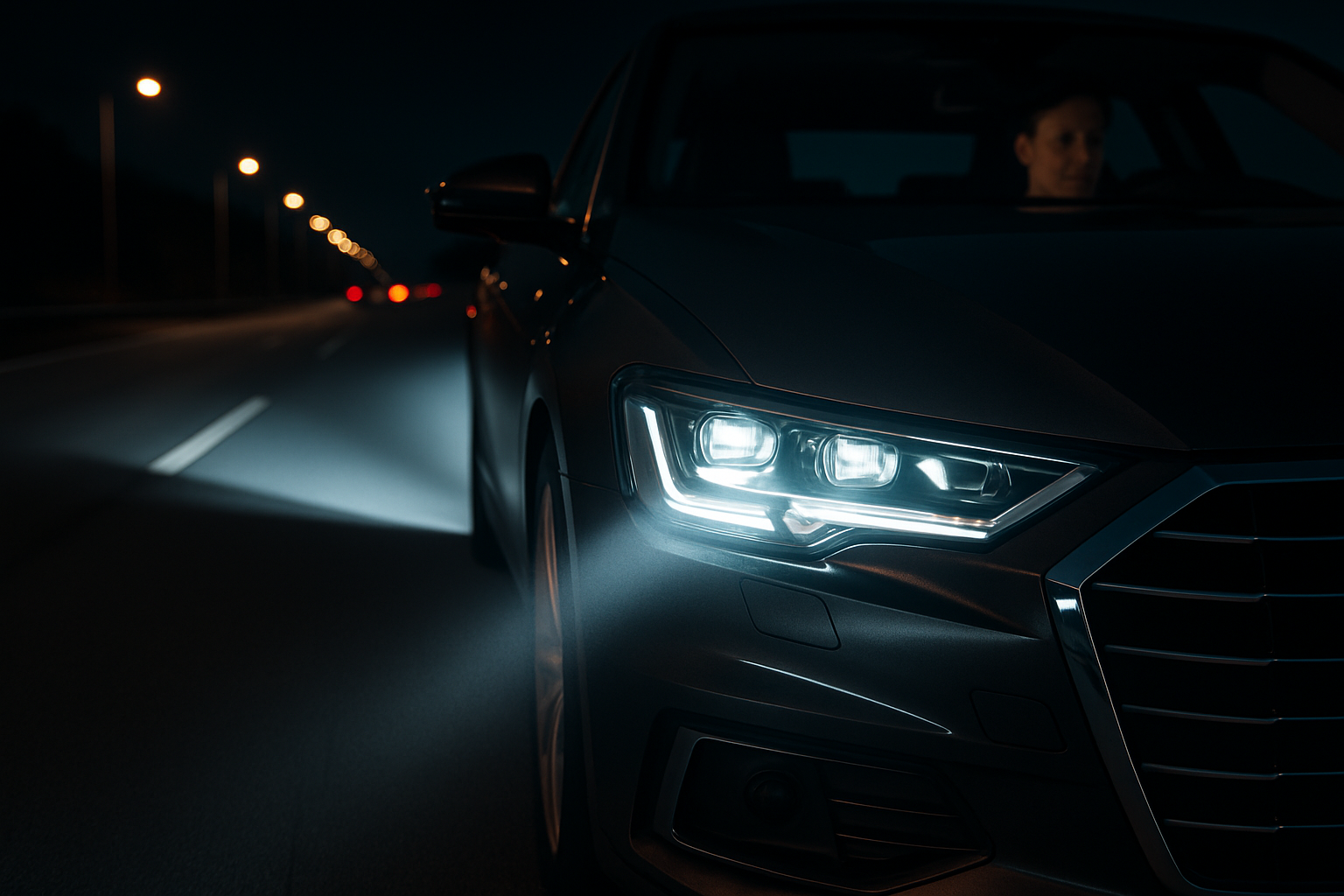Are SUVs Still Worth It in 2025? What You Need to Know Before Buying
In 2025, the SUV market is more crowded—and more complicated—than ever. With options ranging from rugged off-roaders to sleek electric crossovers, deciding whether an SUV is still the right choice comes down to more than just size and style. Today’s buyers are weighing fuel efficiency, tech features, environmental impact, and total cost of ownership like never before. This article takes a closer look at the pros and cons of owning an SUV in the current climate, helping you make a smart, informed decision before you buy.

How Have SUV Designs Evolved for 2025?
The SUV landscape has undergone significant changes in recent years. Many manufacturers have shifted focus towards more aerodynamic designs, reducing drag and improving fuel efficiency. Crossover SUVs, which blend the comfort of a sedan with the utility of a traditional SUV, have become increasingly popular. These vehicles offer improved handling and better fuel economy compared to their larger counterparts.
Luxury SUV manufacturers have also upped their game, integrating advanced materials and cutting-edge technology to create vehicles that are as opulent as they are capable. From self-parking features to augmented reality displays, today’s luxury SUVs offer an unparalleled driving experience.
What Role Do SUV Hybrids Play in 2025?
SUV hybrids have become a cornerstone of the market in 2025. These vehicles combine the best of both worlds: the space and capability of an SUV with the fuel efficiency of a hybrid powertrain. Many popular models now offer hybrid variants, providing significant improvements in fuel economy without sacrificing performance.
The latest SUV hybrids utilize advanced regenerative braking systems and lightweight materials to maximize efficiency. Some models can even operate in all-electric mode for short distances, making them ideal for city driving. As battery technology continues to improve, we’re seeing SUV hybrids with increasingly impressive electric-only ranges.
Are Luxury SUV EVs the Future of the Segment?
Luxury SUV EVs have emerged as a rapidly growing subsegment of the market. These vehicles combine the prestige and comfort of a luxury SUV with the environmental benefits and performance capabilities of electric powertrains. Many luxury SUV manufacturers now offer at least one fully electric model in their lineup, with some brands committing to all-electric futures.
These vehicles often boast impressive acceleration, silent operation, and cutting-edge tech features. While range anxiety was once a concern, many luxury SUV EVs now offer ranges comparable to their gasoline counterparts, thanks to advancements in battery technology and more efficient electric motors.
How Do SUVs Fare in Different States?
The popularity and practicality of SUVs can vary significantly depending on the state. In states with harsh winters or rugged terrain, SUVs with all-wheel drive or four-wheel drive capabilities remain highly sought after. These vehicles provide the necessary traction and ground clearance to navigate challenging road conditions safely.
Conversely, in states with milder climates or predominantly urban environments, smaller crossover SUVs or electric SUVs may be more practical choices. These vehicles offer the elevated driving position and cargo space of an SUV while being more maneuverable in city traffic and often more fuel-efficient.
What Unique Features Do 2025 SUVs Offer?
SUVs in 2025 come packed with innovative features that were once the stuff of science fiction. Many models now offer advanced driver assistance systems, including adaptive cruise control, lane-keeping assist, and even semi-autonomous driving modes. Augmented reality heads-up displays project navigation information and safety alerts directly onto the windshield, enhancing driver awareness.
Connectivity has also taken a leap forward, with many SUVs featuring built-in 5G capabilities, allowing for seamless integration with smart home devices and real-time traffic updates. Some luxury models even offer massage seats, air purification systems, and noise-canceling technology for a truly first-class driving experience.
How Do the Costs of Different SUV Types Compare?
When considering an SUV purchase in 2025, it’s crucial to compare the costs of different types available in the market. Let’s look at a comparison of popular SUV categories:
| SUV Type | Average Starting Price | Fuel Efficiency (City/Highway) | 5-Year Cost of Ownership |
|---|---|---|---|
| Compact Crossover | $28,000 | 28/34 mpg | $42,000 |
| Midsize SUV | $35,000 | 22/28 mpg | $52,000 |
| Luxury SUV | $55,000 | 20/26 mpg | $78,000 |
| Hybrid SUV | $38,000 | 40/37 mpg | $48,000 |
| Electric SUV | $65,000 | 100/90 MPGe | $58,000 |
Prices, rates, or cost estimates mentioned in this article are based on the latest available information but may change over time. Independent research is advised before making financial decisions.
As the table shows, while electric and luxury SUVs have higher upfront costs, their long-term ownership costs can be competitive due to lower fuel and maintenance expenses. Hybrid SUVs offer a balance between initial cost and long-term savings, making them an increasingly popular choice.
In conclusion, SUVs in 2025 continue to offer a compelling blend of utility, comfort, and technology. However, the definition of what constitutes an SUV has broadened significantly. From efficient hybrids to luxurious EVs, there’s likely an SUV that fits your needs and budget. By considering factors such as your local climate, driving habits, and long-term costs, you can determine whether an SUV is still the right choice for you in 2025.




